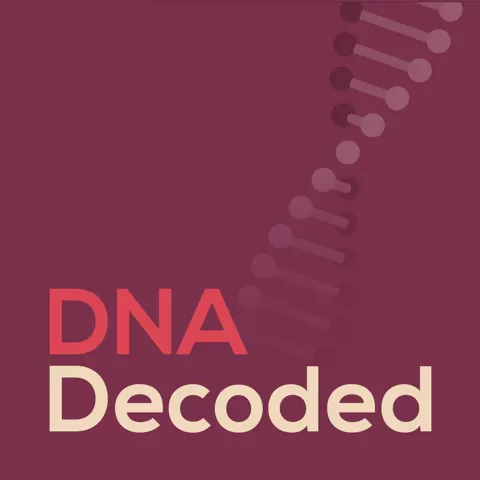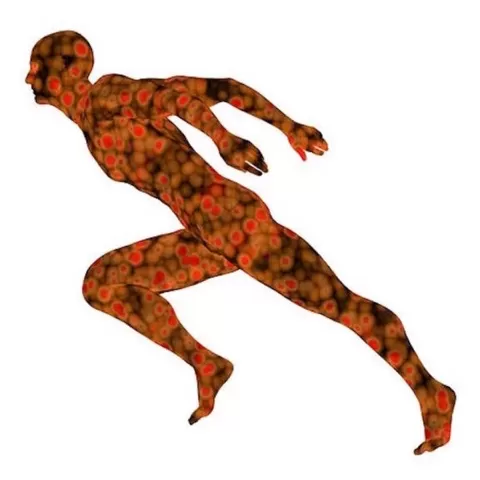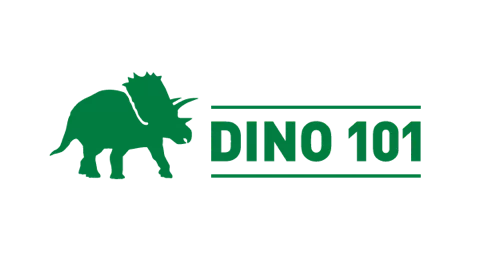Access to most course materials is FREE in audit mode on Coursera. If you wish to earn a certificate and access graded assignments, you must purchase the certificate experience during or after your audit.
If the course does not offer the audit option, you can still take a free 7-day trial.
Caitlin Mullarkey has created 1 courses that got 315 reviews which are generally positive. Caitlin Mullarkey has taught 23,983 students and received a 4.9 average review out of 315 reviews. Depending on the information available, we think that Caitlin Mullarkey is an instructor that you can trust.
Dr. Caitlin Mullarkey is an Assistant Professor in the Bachelor of Health Science Program at McMaster University. Dr. Mullarkey teaches virology, immunology, cell biology and biochemistry to undergraduates at all levels. She is keenly interested in developing new curricula and exploring advanced methods of delivering learning content. A Rhodes Scholar, Dr. Mullarkey received her doctorate from the University of Oxford. She continued her training as postdoctoral research fellow under the mentorship of renown influenza virologist of Dr. Peter Palese at the Icahn School of Medicine. Dr. Mullarkey’s teaching philosophy has been profoundly influenced and shaped by her own experiences as a student, first in the setting of a small liberal arts college, and subsequently in the Oxford tutorial system where the importance of student-faculty interactions and collaboration were deeply impressed upon her. Dr. Mullarkey’s research interests revolve around the improvement of influenza virus vaccines. Influenza has and continues to be a formidable threat to global public health. Vaccination has been the mainstay approach to combat both seasonal and pandemic influenza for well over half a century. While knowledge of influenza viruses, disease pathogenesis, and epidemiology has grown tremendously in that time, the overall vaccine strategy has remained unchanged. The “holy grail” of this line of research is development of a universal influenza virus vaccine that would provide protection against a broader range of influenza viruses and does not require yearly reformulation. Throughout her training, Dr. Mullarkey has worked on a number of universal influenza vaccine projects that are now in various phases of clinical testing. With years of training as a research scientist, it follows that Dr. Mullarkey’s approach to teaching is rooted in the scientific method. Her teaching strategy begins the same way she approaches a scientific problem-namely it starts by formulating a series of questions. What are the essential concepts of the course material? What is the best way to deliver these concepts? And importantly how does the composition/background of my class inform the method of delivery? These considerations help her to create an educational experience that allows students to deeply engage and master the curriculum.




